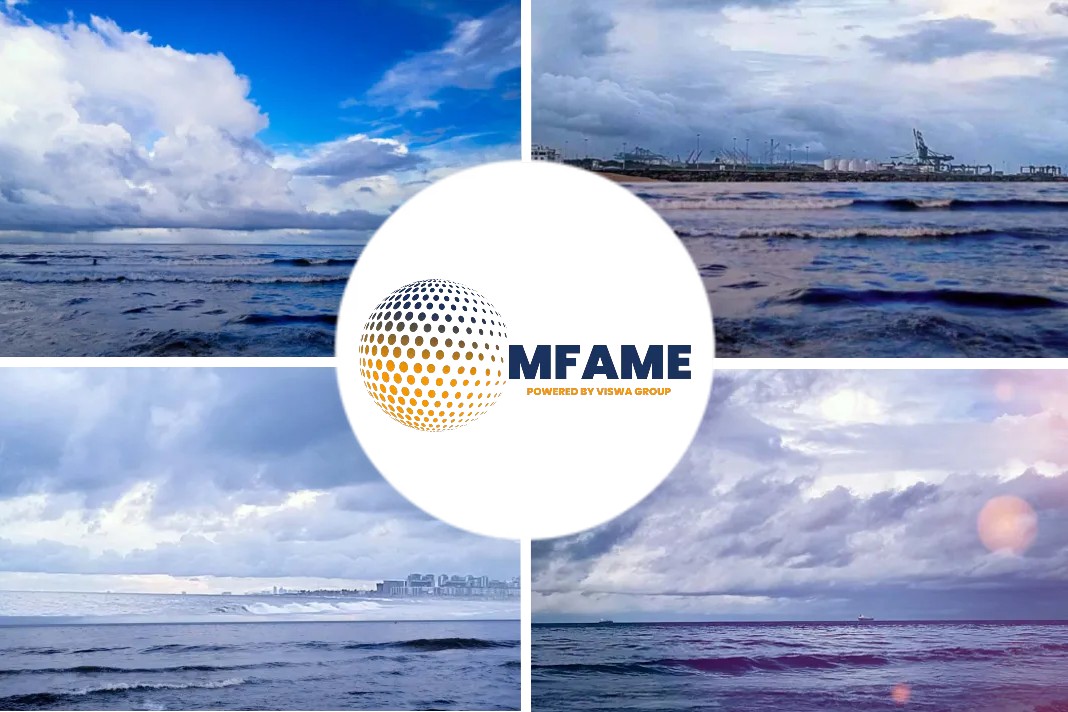Russia’s influence remains considerable and, when the country suddenly cut supplies via its networks down to just 40 percent of capacity in mid-June, few believed Kremlin spokesman Dmitry Peskov when he said it was simply a matter of “maintenance” being carried out, says an article published in the Independent.
Increased leverage in winters
Most saw it as an implied threat, a reminder that Russia holds a winning hand and has the power to prevent Europe’s storage facilities from filling up ahead of what already promises to be a very costly winter indeed.
Fatih Birol, head of the International Energy Agency, explicitly warned as much in a June interview with The Financial Times, in which he called on European nations to reduce their exposure to Russian supplies as quickly as possible and to be prepared to pursue other means to keep the lights on, from keeping nuclear power plants open to accelerating the push towards renewable power sources.
“Europe should be ready in case Russian gas is completely cut off,” he said.
“The nearer we are coming to winter, the more we understand Russia’s intentions. I believe the cuts are geared towards avoiding Europe filling storage, and increasing Russia’s leverage in the winter months.”
Shrink in GDP
Energy companies in Germany, Austria, France, Italy, Netherlands, Poland, Czech Republic, Slovakia and Bulgaria have all reported receiving less gas than they were expecting from Russia this year, with French firm GRTgaz saying it had not received anything from Nord Stream 1 since May and Eni of Italy taking only half.
If Mr Putin were to do the unthinkable and implement a full shutdown, European household energy costs would be driven up by about 65 per cent, according to analysis by Goldman Sachs.
The investment bank warns that industries like cement and chemical production in Germany and Italy would have to cut their gas usage by as much as 80 per cent, as those countries’ GDP shrinks by 3 percent and 4 percent respectively.
Even just continuing to toy with the taps as Russia did in June would mean the member states of the European Commission finding it near-impossible to meet its 80 per cent storage target by November, opening the door to shortages.
“The only way they’ll get near the target is by paying very high prices,” Investec oil and gas analyst Nathan Piper has said.
“The US is sending LNG (liquified natural gas) to Europe over Asia because countries in Europe are paying more.”
No connection with Other producers
With Russia no longer a desirable or dependable supplier under Mr Putin, European nations are faced with having to source gas from elsewhere, either by shipping in costly American LNG imports or piping in supplies directly from other producers like Norway and Azerbaijan.
Doing so means latching onto resources that might otherwise have been destined for Asian markets, raising the stakes and potentially pricing a less affluent country like Pakistan out of the game, leaving it with little choice but to revert to finite fossil fuels such as coal for power generation.
That would represent a further setback to global climate ambitions when we are fast running out of time to address that emergency, as this summer’s extreme heat again illustrates.
Finding alternatives, be that pivoting to renewables, reopening polluting old power stations or building new ones, always takes time, which Europe simply does not have.
Ramping up production
As for the UK specifically, it is much less dependent on Russia for its gas supplies than many of its European neighbours, particularly Germany, importing just 4 percent of its total from the East in 2021.
However, Britain will not be shielded from rising prices caused by shortages elsewhere, as we have seen from the grim forecasts predicting a further rise in Ofgem’s energy price cap to as much as £4,266 by January 2023, a situation that has been allowed to go unaddressed without meaningful government intervention as a result of the ousting of Boris Johnson and the needlessly prolonged Tory leadership race.
Further financial help for households already battered by record inflation and the cost of living crisis and a drive to shore up home insulation are surely desperately required.
Options entertained so far to address the crisis in the UK include extending the lifespan of EDF’s West Burton A coal-fired power station in Lincolnshire and the reopening of Centrica’s huge Rough gas storage facility off the east coast of England.
Another possibility for Britain would be ramping up production from the North Sea to increase natural gas exports to Europe in the interests of replenishing its own coffers and pursuing a profit, but this again would take time to realise.
But without significant action, the countries of western Europe will have to rein in their energy use this winter, a process that would begin with the government moving to restrict the amount used by industry by imposing strict limits.
Doing so might mean that the production of some goods could quickly become unprofitable as costs soar.
Energy curfews
Theoretically, we could even see the mandatory dimming of street lights as a conservation effort or even “energy curfews” introduced, requiring recreational businesses to close early for the evening to save power.
Such steps would be drastic, however, and Annalena Baerbock, Germany’s foreign minister, has already warned that equivalent measures “could spark popular uprisings”, a real possibility when people are already considering forgoing the payment of their energy invoices as an act of civil disobedience in protest at spiralling bills.
But before things get too apocalyptic, it is worth remembering that Russia will be reluctant to risk incurring further damage to its own already sanction-blighted economy by withholding such a lucrative commodity, which could create political problems for Mr Putin and unrest in its own streets, and that the Soviet Union kept the gas running throughout the Cold War, when it considered the West its sworn enemy.
Did you subscribe to our daily Newsletter?
It’s Free! Click here to Subscribe
Source: Independent






















